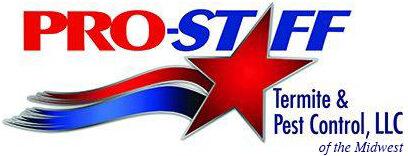
You may not love seeing wasps at any time of the year, but understanding their life cycles can make you aware of when to look out for them. Like many insects, their life cycle revolves around making more wasps, and it ends soon after the queen departs. Here’s a more in-depth look at the life cycle of a wasp:
Colonies Start in Spring
After a late winter hibernation, fertile queen wasps awaken and look for a place to build a nest. Within the cell of the nest, wasps go through a metamorphosis from egg to larvae to pupa to full grown wasp.
The queen builds the cells and lays the eggs inside the cells. The first wasps to emerge are the worker wasps, and these wasps build the rest of the nest, raise young wasps and forage for food as the colony expands.
Colonies Expand in the Summer
During the summertime, the colony and nest grow rapidly, from around 5,000 wasps in a nest to closer to 10,000. Later in the summer, the queen produces eggs that develop into new queens and fertile male wasps.
Then, Colonies Decline in Autumn
As the weather cools down, the queen becomes old, reaching the end of her life. When this happens, the existing social structure previously enforced by the queen breaks down. Wasps no longer need to care for the nest, so they begin to eat unhealthy foods like rotten fruit and other sugary items.
In Winter, Colonies End
The new queens leave, are fertilized by male wasps, and overwinter until the following year. When this happens, the existing nest and colony dies off.
Wasp Metamorphosis Cycle
The wasp life cycle starts with the colony’s queen and ends with the adult wasp leaving the nest. Here’s how it goes:
- The queen ways an egg in a wax cell
- A worker takes over, feeding the hatched larva
- The larva becomes fully grown
- A worker seals the cell to allow for the next stage
- The larva becomes a pupa
- After the pupa stage, the wasp becomes an adult
- The adult wasp leaves the cell
Knowing the life cycles of insects can help you better understand their habits. The Urbandale pest control experts at Pro-Staff are here to help if you have questions about wasps or are dealing with a wasp infestation. Call us at 515-279-7378 or contact us online.
